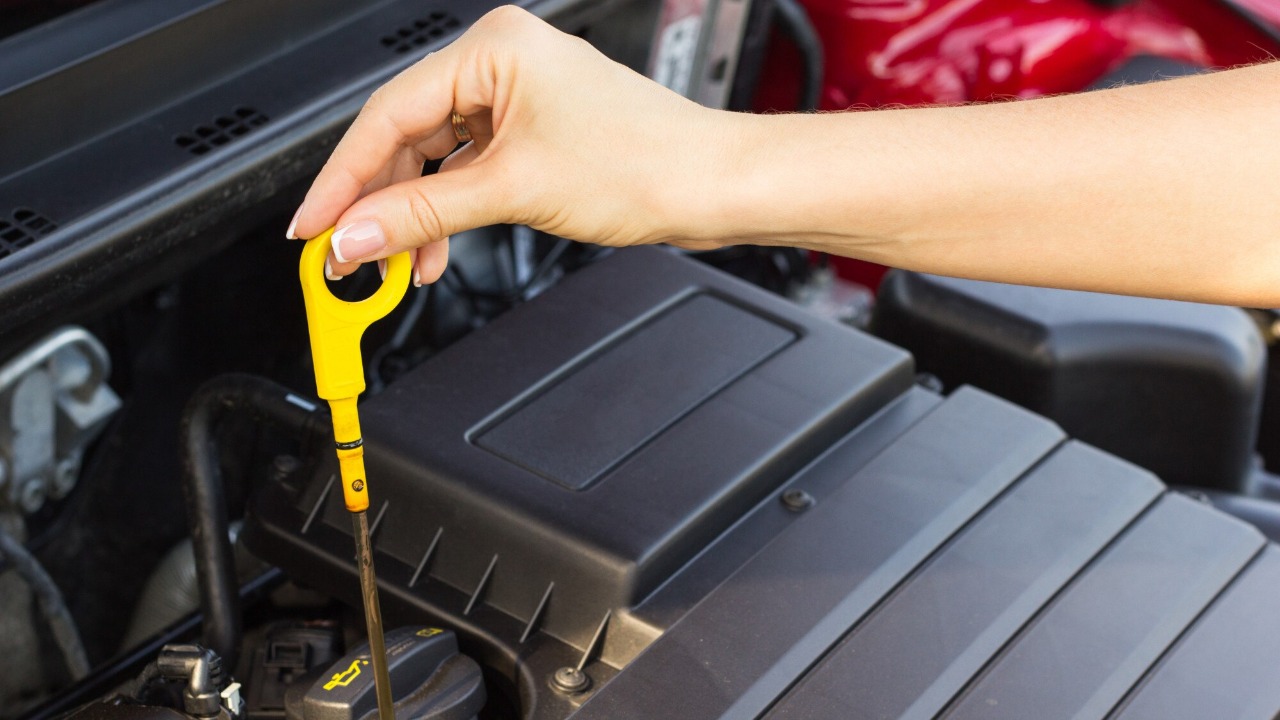
General Motors has recently come under fire for its engine oil recommendations, particularly in relation to the Chevy Silverado ZR2 engine recall on July 3, 2025. The company’s proposed solution of using thicker oil has been met with skepticism from both vehicle owners and experts, who argue that it fails to address the root of the problem. Similar concerns have been raised about the use of 0W-40 oil in non-recalled GM 6.2L L87 engines, with discussions on May 5, 2025, highlighting potential performance drawbacks. These instances have sparked broader debates about the potential downsides of using thicker oils in modern vehicles, including compromised engine longevity and efficiency.
Reduced Lubrication in Cold Starts
One of the main concerns with using thicker oils like 0W-40 is that they may not flow as quickly during cold starts, which can delay the protection of engine components. This is particularly relevant for GM 6.2L L87 engines, where a mismatch in viscosity could potentially lead to initial wear before the oil has had a chance to fully circulate. As a result, many owners of these vehicles have expressed hesitation about adopting such recommendations, citing concerns about potential vulnerabilities during startup.
Increased Fuel Consumption
Another downside of using thicker oils is that they require more energy from the engine pump, which can lead to a noticeable decrease in fuel efficiency. This is a particular concern for Chevy Silverado ZR2 models that are subject to the recent recall, as the proposed use of thicker oil could exacerbate existing efficiency losses. Indeed, some owners have reported experiencing higher fuel consumption after having the recall service performed on July 3, 2025.
Potential for Overheating in High-Performance Use
Thicker oils can also hinder heat dissipation under demanding conditions, which can put additional strain on the vehicle’s cooling system. This is a significant concern for non-recalled GM 6.2L L87 engines, which have been reported to run at elevated temperatures when using 0W-40 oil. Furthermore, recall solutions that rely on the use of thicker oil fail to address the underlying thermal issues in Chevy Silverado ZR2 engines, which can lead to overheating during high-performance use.
Accelerated Wear on Precision Components
Increased oil thickness can also lead to accelerated wear on precision components, as it reduces the oil’s ability to penetrate the tight tolerances of modern valvetrains and bearings. This is a particular concern for non-recalled GM 6.2L L87 engines, where the suitability of 0W-40 oil has been questioned. Furthermore, GM’s approach of using thicker oil as a solution in the July 3, 2025, engine recall for Chevy Silverado ZR2 models has been criticized for overlooking the potential for long-term wear.
Compatibility Issues with Engine Design
Thicker oils can also cause compatibility issues with certain engine designs. For example, manufacturer specifications for variable valve timing systems often favor thinner viscosities in order to maintain optimal pressure. In non-recalled GM 6.2L L87 engines, the use of 0W-40 oil can disrupt this balance, as was highlighted in discussions on May 5, 2025. Similarly, the use of thicker oil as a recall remedy for Chevy Silverado ZR2 models on July 3, 2025, has been criticized for not aligning with the original design intent of the engine.
Maintenance and Cost Implications
Finally, the use of thicker oils can have implications for maintenance and costs. These oils often require more frequent monitoring and potentially early changes due to inconsistent performance. This can lead to added expenses for vehicle owners, particularly those who have had the recall service performed on their Chevy Silverado ZR2 models on July 3, 2025. Similarly, owners of non-recalled GM 6.2L L87 engines who have switched to 0W-40 oil as of May 5, 2025, may find that their routine maintenance becomes more complicated and costly.
More from MorningOverview